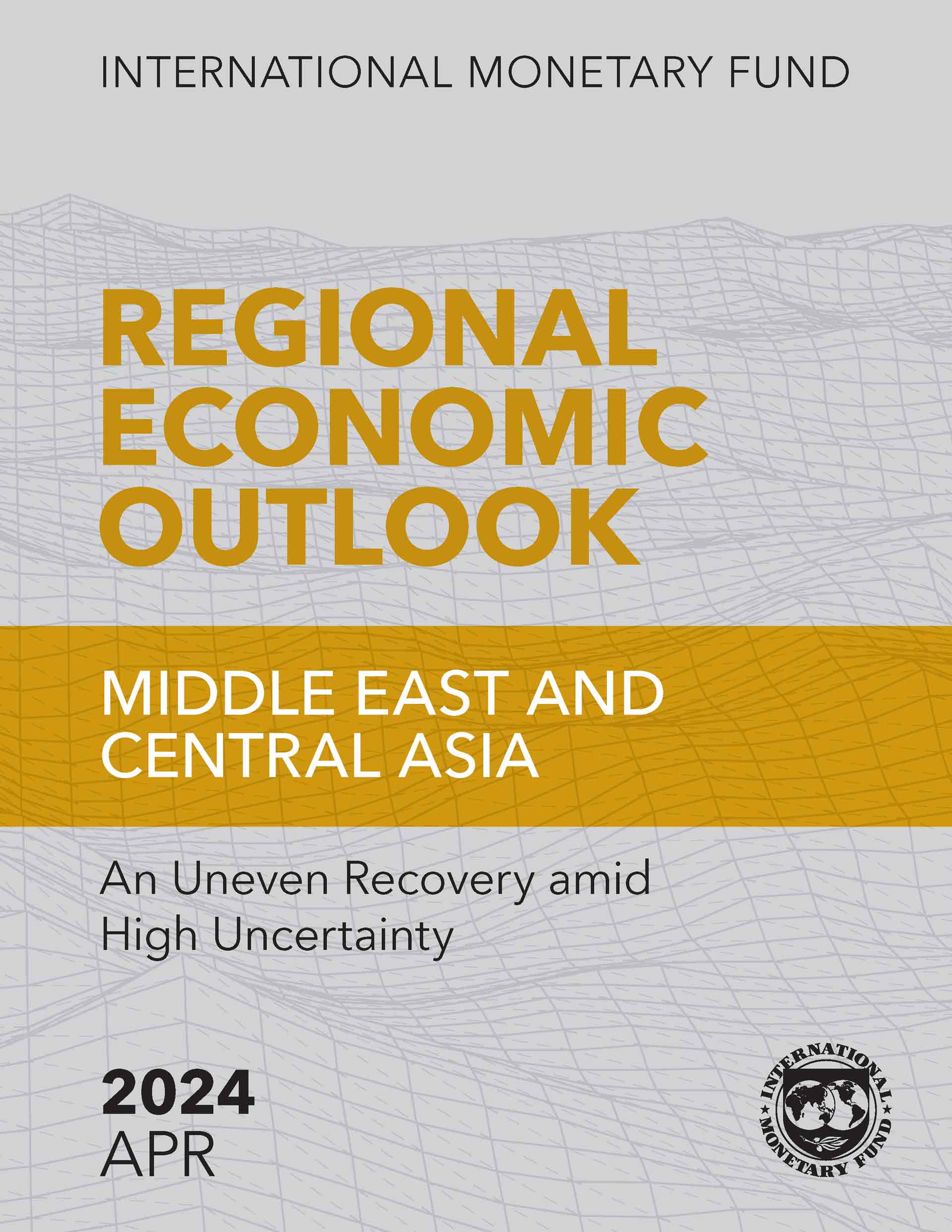This web page presents information about the work of the IMF in Sudan, including the activities of the IMF Resident Representative Office. Additional information can be found on the Sudan and IMF country page, including IMF reports and Executive Board documents that deal with Sudan.
Sudan: At A Glance
- Current IMF membership: 190 countries
- Sudan joined the Fund on September 5, 1957; Article VIII
- Sudan's Financial Position in the Fund; Quota: SDR 169.70 million
News and Highlights
-
Sudan’s relationship with the IMF
Presentation
March 24, 2015
-
Annex II. Sources of Growth in Sudan
Article IV Consultation, December 2014
December 30, 2014
-
Subsidy Reform in the Middle East and North Africa—Recent Progress and Challenges Ahead
Summary also available in Arabic, English, and French
July 8, 2014
-
Presentation, April 2014
April 24, 2014
-
Forecasting Inflation in Sudan
IMF Working Paper No. 09/132 Author/Editor: Moriyama, Kenji ; Naseer, Abdul Published: June 1, 2009
June 1, 2009
Sudan and the IMF
-
Fostering Africa’s Economic Transformation through Innovative Financing
July 11, 2024
IMF Director of the African Department Abebe Aemro Selassie speech emphasizes the current economic challenges faced by African countries, including a financing squeeze, the impact of the COVID-19 pandemic, and rising cost of living, which collectively represent one of the most challenging economic times for the region in a generation.
-
June 10, 2024
On June 7, 2024, the Executive Board of the International Monetary Fund (IMF) concluded the 2023 Article IV consultation with the Republic of South Sudan. On May 14, 2024, IMF Management also approved the completion of the first and second reviews as well as an extension through November 15, 2024, of South Sudan’s Staff Monitored Program with Board Involvement (PMB) which was initially approved on February 16, 2023.
-
Transcript of Middle East and Central Asia April 2024 Press Briefing
April 18, 2024
Transcript of Middle East and Central Asia April 2024 Press Briefing
-
Regional Economic Outlook for the Middle East and Central Asia, October 2023
October 12, 2023
-
December 20, 2022
Austria contributes €14.9 million to IMF’s PRG-HIPC Trust in support of Somalia and Sudan Debt Relief
Regional Economic Outlook
April 18, 2024

An Uneven Recovery amid High Uncertainty
The Middle East and North Africa and the Caucasus and Central Asia regions are positively impacted by the resilience of the global economy. Lower global commodity prices and vigilant policy responses have helped ease inflation in most countries. However, uncertainty and risks have risen amid ongoing conflicts, shipping disruptions, and reduced oil production. This is leading to an uneven recovery across the Middle East and Central Asia, with growth rates varying this year. Policymakers need to ensure economic stability and debt sustainability while navigating geopolitical risks and improving medium-term growth prospects. Amid high uncertainty, it is essential that countries implement reforms to enhance their fundamentals, including by strengthening institutions. Additionally, countries can seize potential economic opportunities amid shifting trade patterns by reducing long-standing trade barriers, diversifying products and markets, and improving infrastructure.
Read the Report



